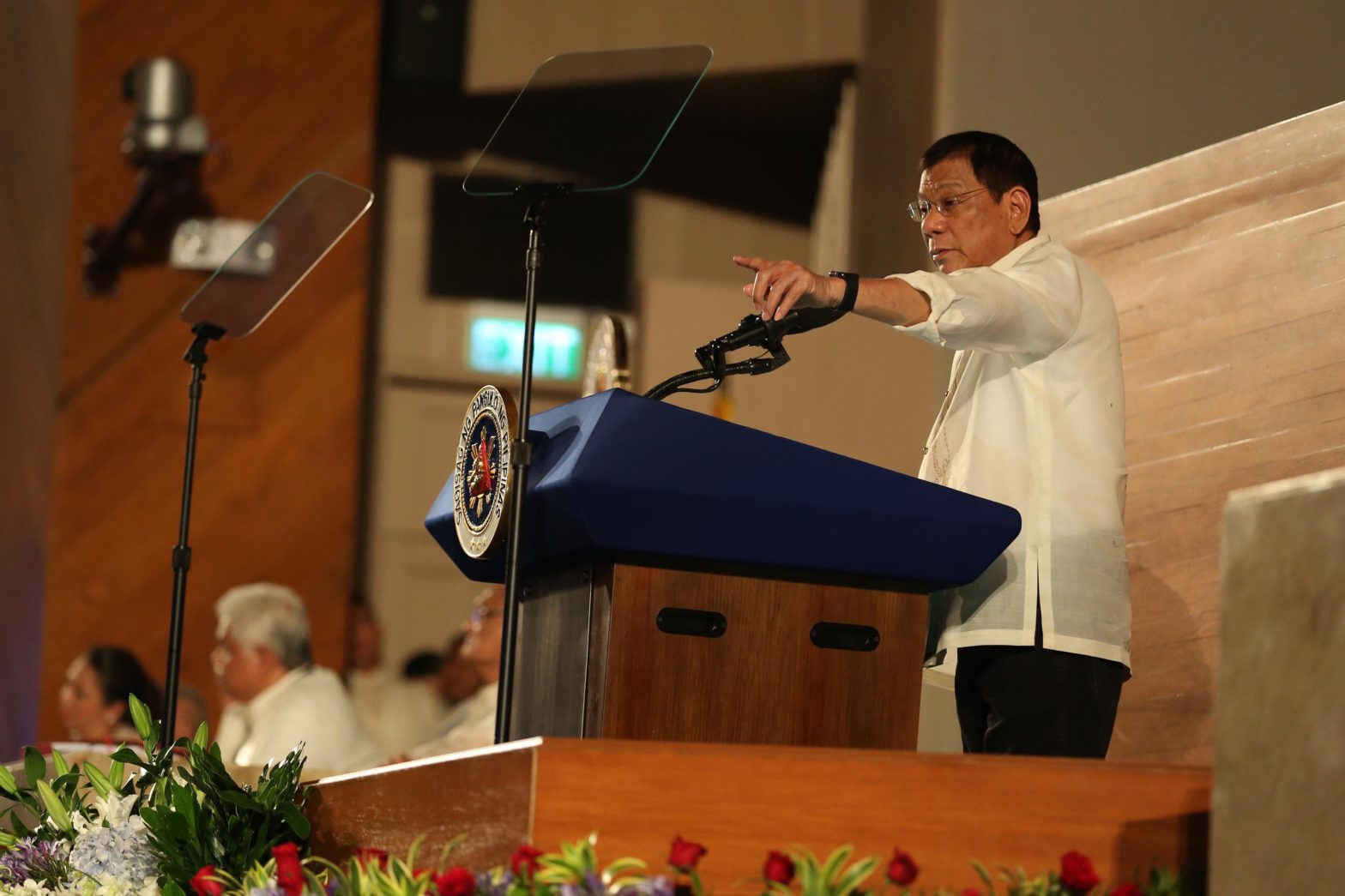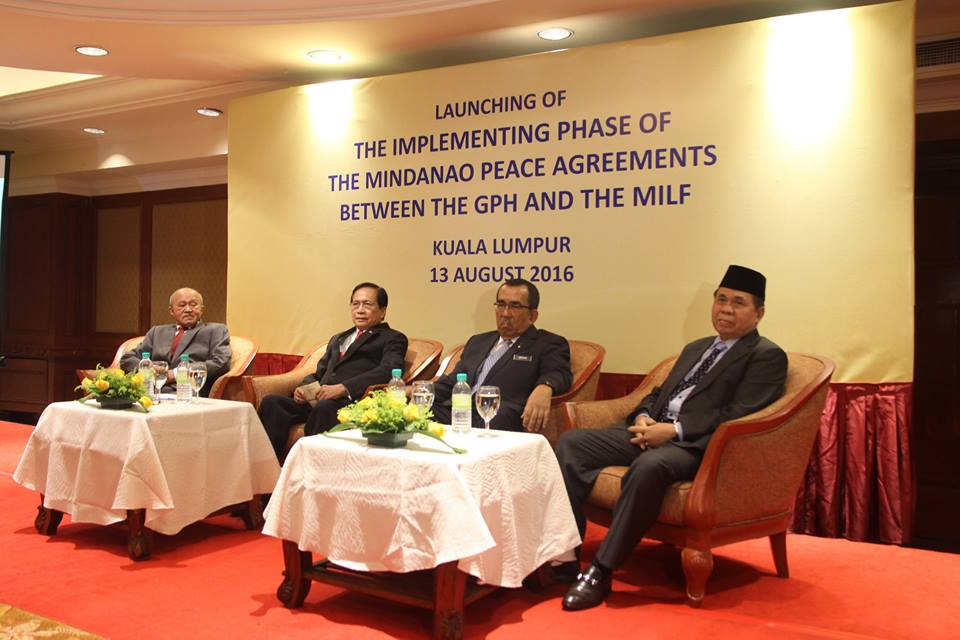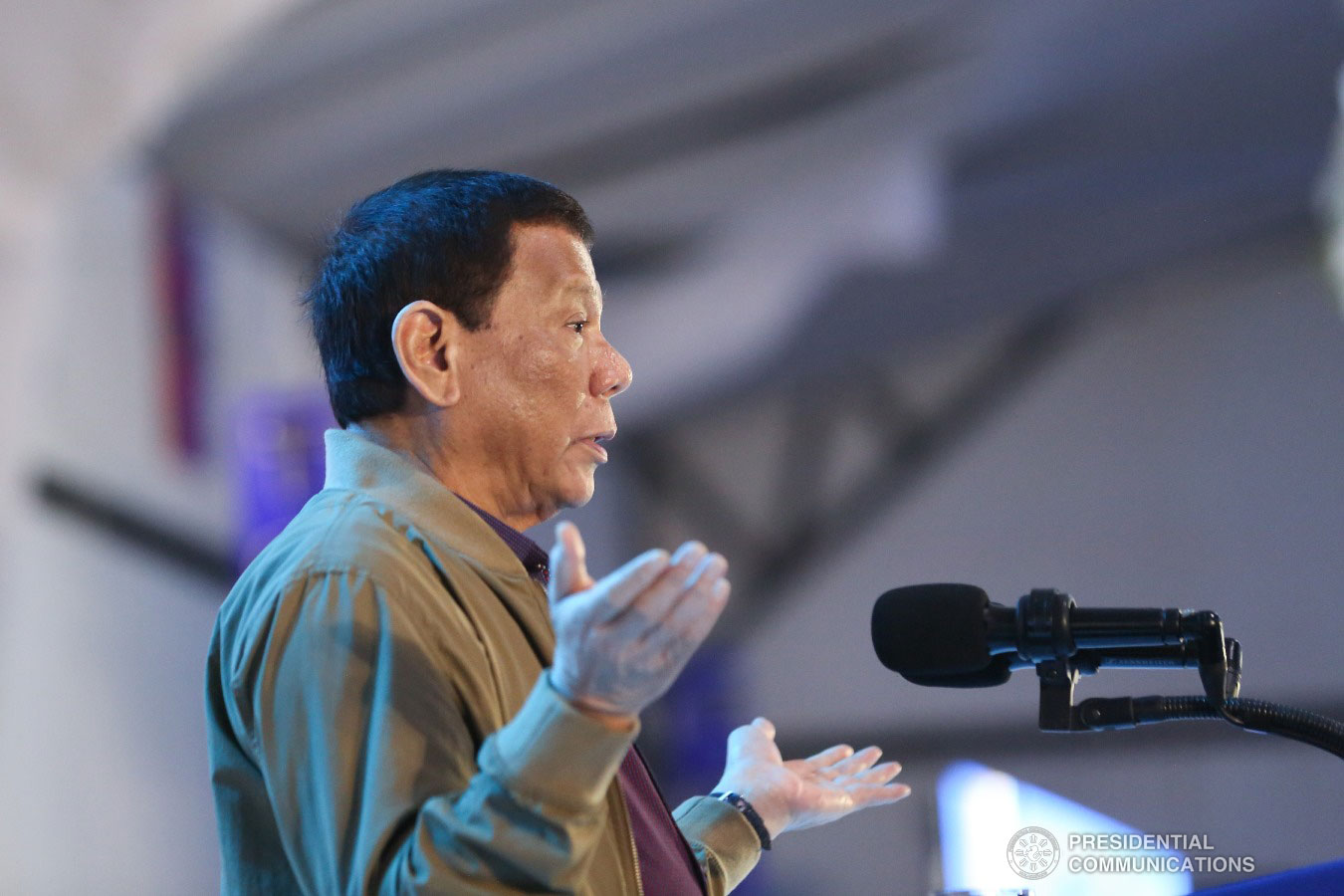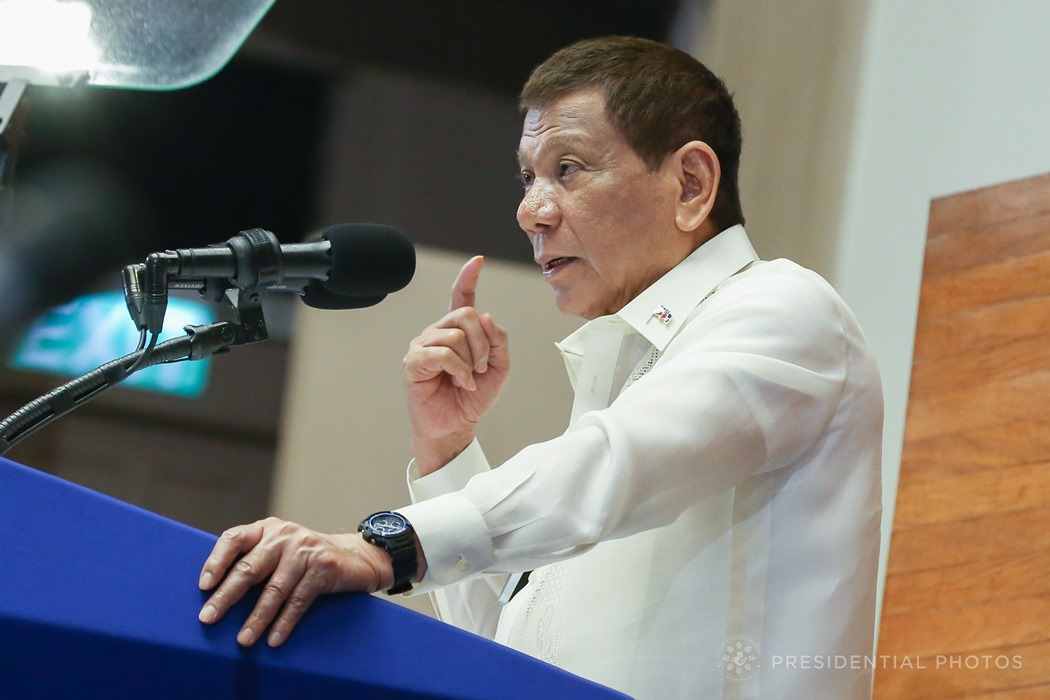![]() STATEMENT: In his first state of the nation address Monday, President Rodrigo Duterte, digressing from a prepared speech, talked about the peace process in Mindanao and the Bangsamoro Basic Law (BBL).
STATEMENT: In his first state of the nation address Monday, President Rodrigo Duterte, digressing from a prepared speech, talked about the peace process in Mindanao and the Bangsamoro Basic Law (BBL).
Duterte said:
“Iyong BBL, ibigay na natin, minus the things that you do not want. Iyong mga constitutional issues. Tanggalin muna natin. Ibigay ko yung area .Nandiyan na yan eh. So I ask you pass it minus the Constitutional issues that are contentious.[applause] Ibigay na natin at when the federal system comes, isalimo na sa package, together with Misuari.”
FLIP-FLOP: Duterte has made different pronouncements on his policy track for the proposed Bangsamoro region.
During his visit in Camp Darapanan last February, Duterte said he would push for the passage of the BBL and make Bangsamoro as template for federal states. He wanted the BBL passed, but only if it’s constitutional and inclusive.
Prior to his first SONA, the president said he would push for the shift to federalism, that incorporates provisions of the proposed BBL. If rejected, he will then move for the passage of the BBL.
But has the president actually clarified the path of the BBL under his administration?
Source: Full text of President Rodrigo Duterte’s State of the Nation Address, Ju;y 25, 2016
BACKSTORY: The BBL is the law that would implement the 2014 peace deal the Benigno Simeon Aquino III administration signed with the Moro Islamic Liberation Front (MILF).
Based on this peace agreement, the BBL would abolish the existing Autonomous Region in Muslim Mindanao (ARMM) and replace it with a more autonomous political entity, called the Bangsamoro, that would have an asymmetrical power relationship with the central government.
Yet, progress of the BBL in Congress had been met with censure from certain quarters, and matters of constitutionality had in fact been a central and contentious issue regarding it.
Three versions of the BBL bill had been filed, and had died, in the past 16th Congress.
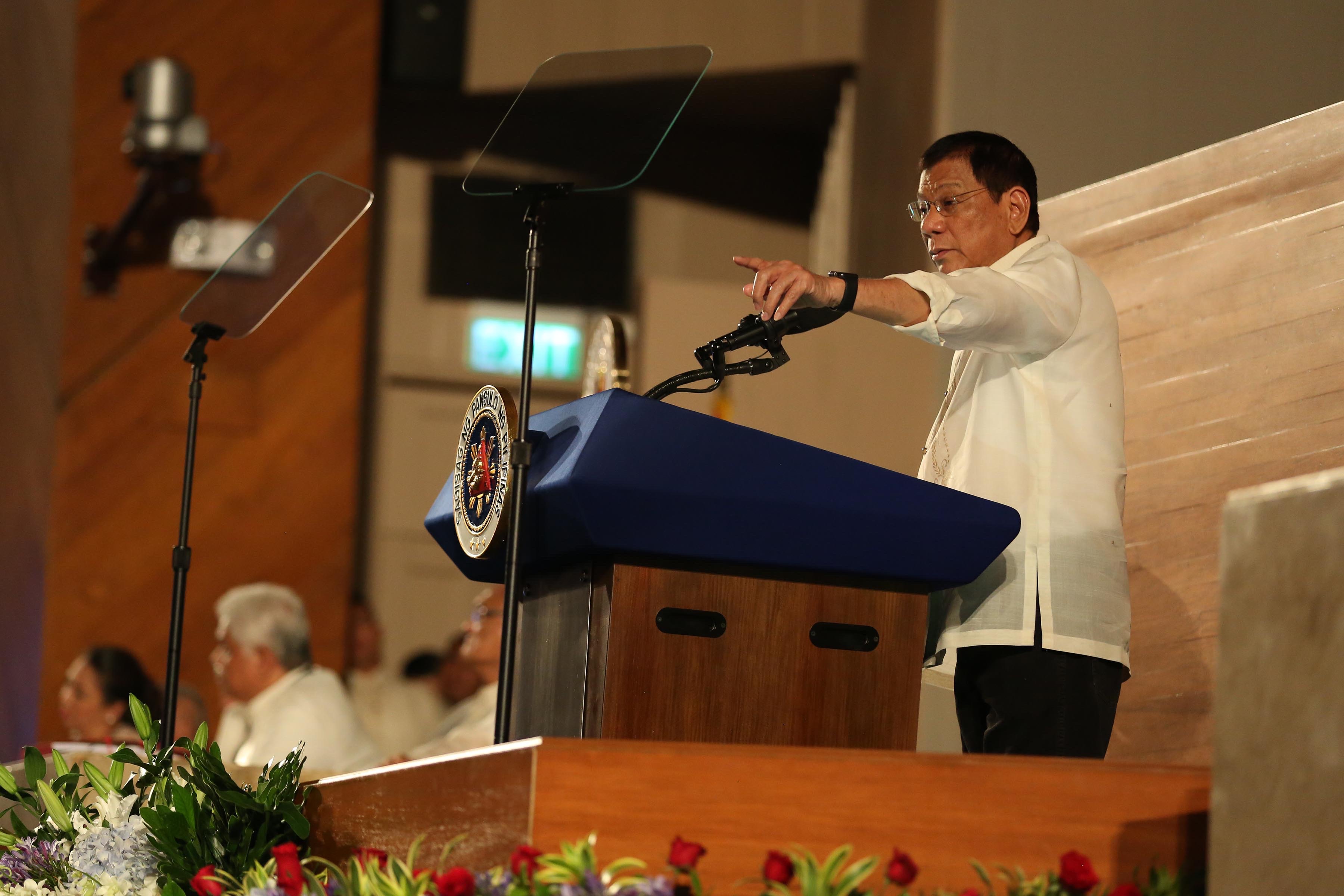
The first was the version transmitted by Aquino himself, adopted as HB No. 4994 in the House of Representatives and SB No. 2408 in the Senate. This version had been criticized for supposedly containing unconstitutional provisions, for example in matters of territory and sharing of powers between the central government and the Bangsamoro.
The two other BBL bills were substitutes to the version transmitted by Aquino: HB No. 5811, drafted by the Ad Hoc Committee on the BBL, replaced HB No. 4994; and SB No. 2894, sponsored by Sen. Bongbong Marcos, replaced SB No. 2408.
Both HB No. 5811 and SB No. 2894 contained revisions that attempted to address the sticky constitutional issues, but both had been called unacceptable by the MILF and other groups for veering away from the essence of the peace deal and also for taking away powers already granted to ARMM.
SB No. 2408, in particular, in which the BBL became the Basic Law for the Bangsamoro Autonomous Region, contained severe revisions, and had itself been called unconstitutional by the Office of the Presidential Adviser on the Peace Process.
These constitutional issues have yet to be addressed or clarified, and would remain major challenges alongside which BBL bill will be re-filed, or whether a new one will be drafted, in the current 17th Congress.
Sources:
Framework Agreement on the Bangsamoro
Bills on Bangsamoro Basic Law:
HB No. 4994
SB No. 2408
HB No. 5811
SB No. 2894
– Jake Soriano
